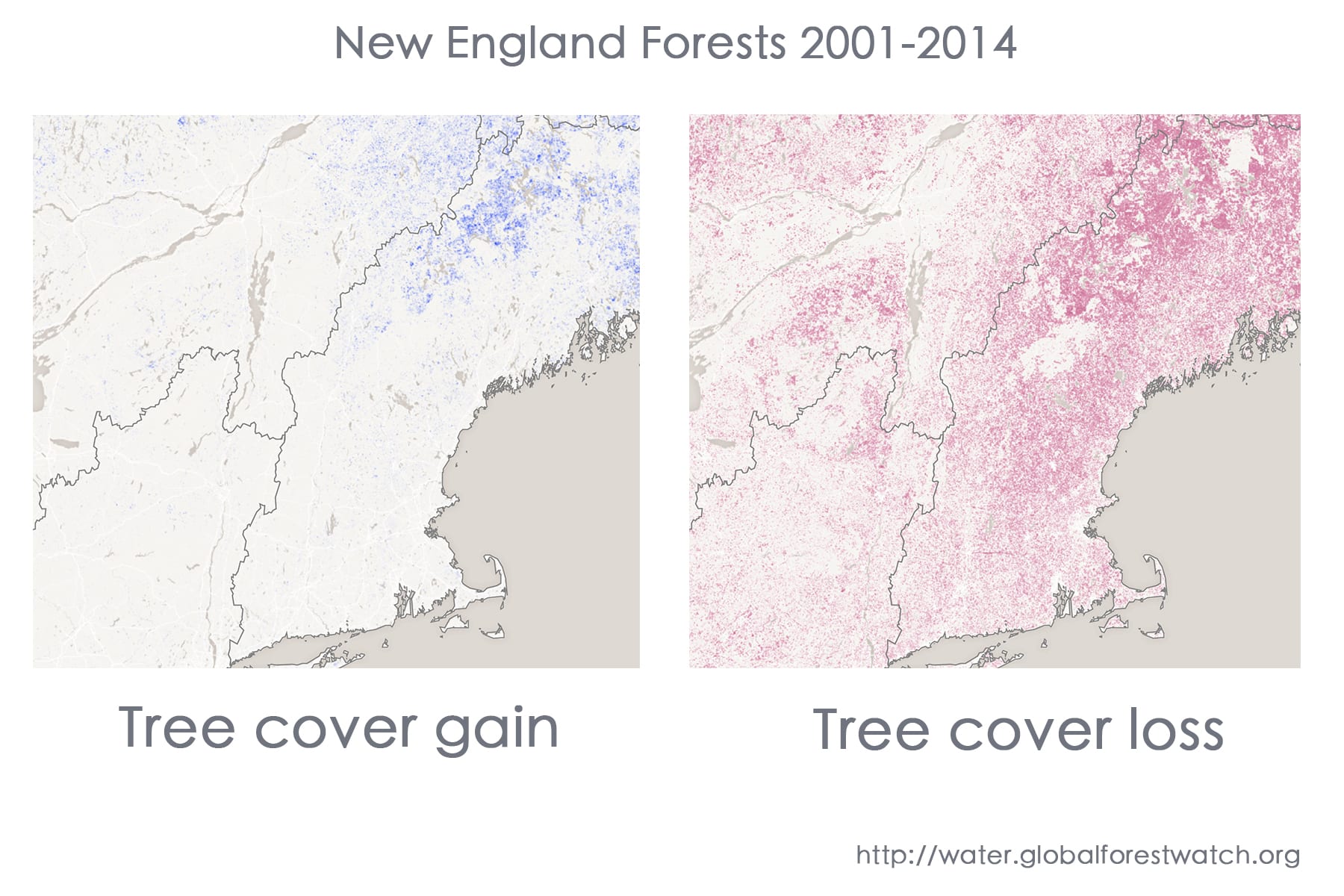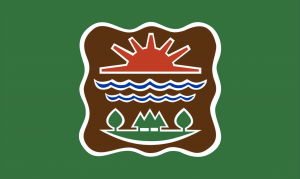The Forests
Forests are being depleted at an alarming rate every day. In my state home state of Vermont where I host forest bathing walks, 1,500 acres of forest are being loss every year [1]. This is a very disconcerting trend. And it’s not just happening in Vermont. New England is losing nearly 24,000 acres a year and the global acreage loss is staggering. An estimated 18 million acres of forest, which is roughly the size of the country of Panama, are lost each year [2]. What on earth do we do about this!?
 Speaking The Language of Conservation
Speaking The Language of Conservation
At this rate just in New England, we need to triple our conservation efforts. Land trusts such as the Nature Conservancy are hard at work. You can join as a member, donate, volunteer or even work for these organizations. I’ll tell you how in a future blog. In the meantime, you can also help by Forest Bathing. To understand how this works, let’s learn some conservation lingo.
Our well-being depends on the benefits that nature provides us at no financial cost, everyday and everywhere. We depend on ecosystems such as forests and coral reefs for clean water, fertile soils for fuel, storm protection, minerals and flood control [3]. These generous “free” services that nature provides us are what’s called “Ecosystem Services”.
When we define and appreciate the true value of earth’s Ecosystem Services, we can make a stronger case to conserve nature. By practicing and hosting Forest Bathing walks in your area you are increasing the value of the forests. The Ecosystem service that nature provides us while we practice Forest Bathing is called the Cultural Service. Below are the 4 categories and how Forest Bathing helps appreciate the value of nature.
How Forest Bathing Helps
1. Recreation & Mental & Physical Health
 Walking and recreating in nature is essential to good health. Activities such as Forest Bathing let’s you relax and de-stress. The importance of having access to green spaces to maintain mental and physical health is just now being widely recognized. By participating in Forest Bathing you are emphasizing nature’s important role in supporting our wellbeing. With this added value, conservationists can make the case to policy makers that it is worth saving.
Walking and recreating in nature is essential to good health. Activities such as Forest Bathing let’s you relax and de-stress. The importance of having access to green spaces to maintain mental and physical health is just now being widely recognized. By participating in Forest Bathing you are emphasizing nature’s important role in supporting our wellbeing. With this added value, conservationists can make the case to policy makers that it is worth saving.
2. Tourism
Nature plays an important role for many kinds of tourism which provides significant economic benefits and is a vital source of income for many places. For example in Vermont with its unique natural landscape, the tourism industry is the leading economic industry. In Japan where forest bathing originated, there are 62 designated therapeutic woods, attracting about 5 million visitors annually.
By hosting and participating in Forest Bathing, you are contributing to the land’s value. When the majesty of the land is appreciated with our hearts, it will inevitably attract others who would travel far for the same special experience. Here the value of nature can be measured by the economic benefits that tourism provides.
3. Spiritual Experience & Sense of Place
All throughout the world there are awe-inspiring natural features that are considered to have a religious meaning or sacredness. Nature is a common element in traditional, indigenous knowledge and of all major religions. Customs, rituals, and community gatherings are important to having a sense of belonging and a sense of place.
By practicing Forest Bathing you have the opportunity to commune with the earth and understand that we are not separate from each other and that we are a part of nature. You join others to experience and find your sacred places amongst the trees. By participating in Forest Bathing, you emphasize and elevate the true non-monetary value of nature’s cultural services.
4. Aesthetic Appreciation & Inspiration for Culture, Art & Design
Linguistic, cultural and artistic knowledge while being inspired by our natural environment has been our story throughout human history [4]. Nature has been the source of inspiration for our great artists, communities and scientific minds. Think Henry David Thoreau, Leonardo Davinci and biomimicry designs.
When you practice Forest Bathing, you are immersing yourself and studying with your senses the beauty, infinite complexity and functional designs of nature. By giving ourselves the time to observe nature and let our minds be inspired, we are adding value to nature’s Cultural Services. This may be hard to measure but it is nonetheless an important offering nature gives us and must be valued and protected.
Saving the Forests
Saving the forests and the natural environment involves a multi layered approach with everyone doing their part. Through the very act of Forest Bathing, you are helping save the forests. So unplug, de-stress and rest assure that your calming forest experience is also a vitally important act of conservation.



